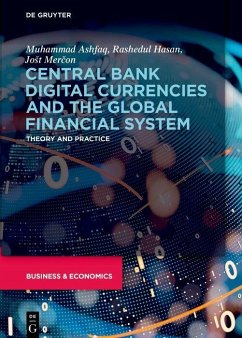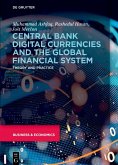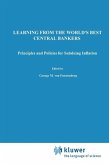This book offers readers an opportunity to gain a better understanding of CBDCs, including their history, differences with cryptocurrencies, and the potential impact of CBDCs on the future of the financial system.
The book's didactic approach breaks down complex topics into easily digestible chapters, allowing readers to easily understand and follow the progression of digital currencies. For those interested in the future of digital currencies, the book offers a chapter on future research directions and concluding remarks.
Central Bank Digital Currencies and Global Financial System: Theory and Practice is a must-read for anyone interested in the intersection of finance and technology. By exploring the evolution of digital currencies and their impact on the global financial system, this book provides valuable insights for policymakers, financial professionals, and anyone looking to understand the future of money.
Muhammad Ashfaq is a professor of finance and accounting and Academic Director International at the IU International University of Applied Sciences, Germany. He is also a visiting professor at Wittenborg University of Applied Sciences, the Netherlands.
Rashedul Hasan is a lecturer in accounting at Coventry University, UK, who completed his PhD exploring corporate governance issues for non-profit organizations. He is also a CIMA member, and is interested in corporate governance dynamics, performance, risk management, sustainability, and accountability issues.
Jo?t Mer?on is a finance manager at Gamanza Group AG, Ljubljana, Slovenia, who has previously worked as an audit analyst at Deloitte in Slovenia and holds a master's degree in international management with a major in finance and accounting from IU International University of Applied Sciences.
Dieser Download kann aus rechtlichen Gründen nur mit Rechnungsadresse in A, B, BG, CY, CZ, D, DK, EW, E, FIN, F, GR, HR, H, IRL, I, LT, L, LR, M, NL, PL, P, R, S, SLO, SK ausgeliefert werden.









